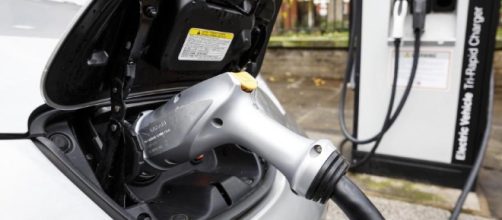Banning diesel-run vehicles
Four cities worldwide have made a move to completely ban Diesel vehicles by 2025. Paris, Madrid, Mexico City and Athens are planning to completely rid their cities of diesel to improve air quality and combat climate change.
The mayors of the cities made the commitment at the C40 Mayors Summit in Mexico City yesterday. They also made plans to give incentives for alternatively fuelled engines as well as encourage cycling and walking.
This decision follows a report which was launched earlier this week by the Summit, which outlined the need for a $375billion green investment in cities worldwide.
The investment will help to boost low carbon infrastructure and avoid catastrophic climate change across world cities over the next four years.
The decision
Speaking at the summit yesterday, Anne Hidalgo, mayor of Paris and chair of the C40 Cities Climate Leadership Group, said, "Today, we also stand up to say we no longer tolerate air pollution and the health problems and deaths it causes - particularly for our most vulnerable citizens. Big problems like Air Pollution require bold action, and we call on car and bus manufacturers to join us."
Regarding the $375billion that needed to be raised, she said it was the only way “humanity will have a chance of surviving”. Mayor Hildago also said that although the amount was a lot, “together we will seek that money”.
The mayor of Athens, Giorgos Kaminis said he aimed to remove all cars completely from the Greek capital in the future.
London, Seoul and New York are some of the cities which are part of the C40 group.
A global petition was also launched at the Summit, requesting that major car manufacturers stop producing diesel vehicles by 2025 and switch to electric, hydrogen and hybrid vehicles. This petition was made in a bid to have cleaner air in urban cities.
The effect of air pollution
According to the World Health Organisation (WHO), air pollution is linked to three million deaths a year worldwide.
climate change has contributed to a global increase of extreme weather including floods, heat waves and droughts.

